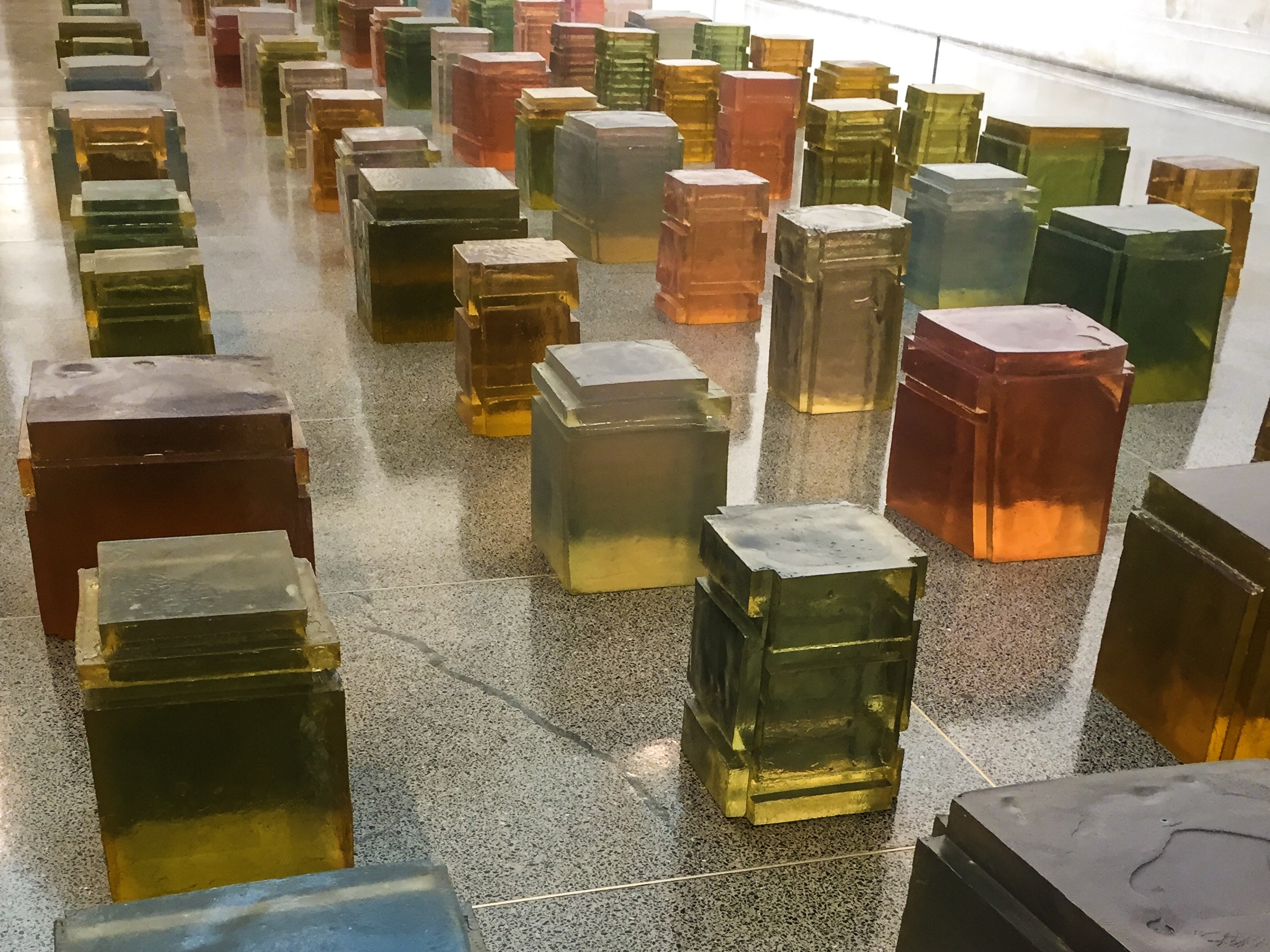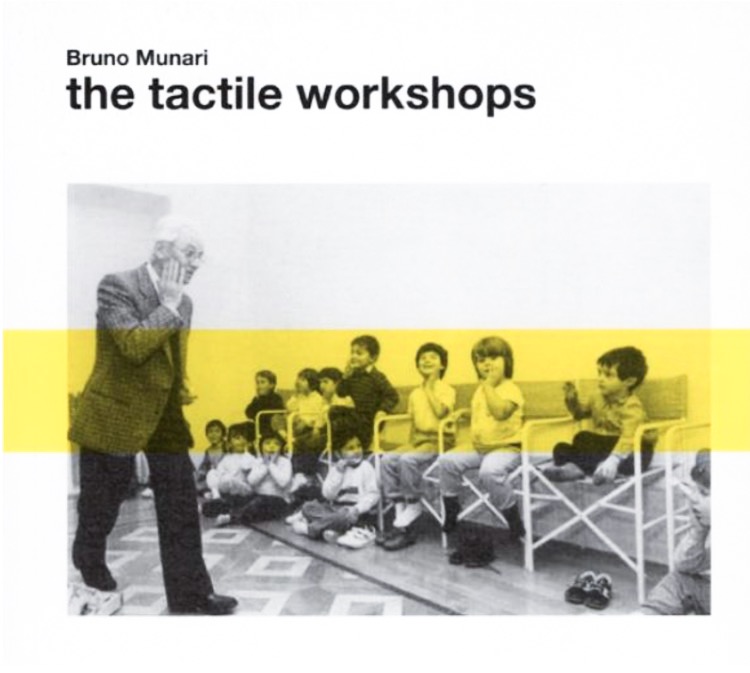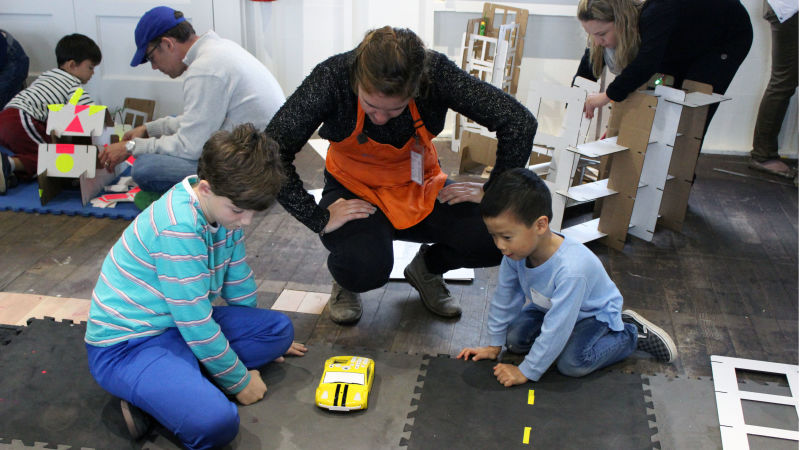Finding materials for children’s art activities can be tricky. Whether you are trying to do this at home, in the classroom or in a community space, it can also be expensive. This post shares 3 hot tips for sourcing children’s art materials on a budget! Ideally, it would be fab if all art activities had infinite budgets. However, the reality is that often parents, teachers and artists need to be very imaginative and thrifty in finding materials. Having a limited or no budget is not necessarily the end of the world. Sometimes it can actually encourage adults to use their creativity to invent something cool from the limited resources they have. It creates a kind of ‘creative parameter’ to produce new ideas from. It is also be inspiring to note that many professional artists use inexpensive materials – what makes their work special is how they experiment with them. For this approach to…
Children’s creative learning through the sculptures of Rachel Whiteread
This post looks at the art of Rachel Whiteread, a contemporary British sculptor who creates objects and spaces using different materials such as resin, plaster, concrete, rubber and plastic. Her works range from small-scale moulds of everyday objects such as hot water bottles to gigantic life-sized houses. Tate Britain in London recently exhibited a retrospective of her sculptures. As part of the show, her installation ‘Untitled (one hundred spaces)’ (1995) was displayed in the main entrance hall of the gallery. In this post, I use this artwork as a thinking tool for considering how its materials, tools and processes could be used to produce a children’s creative learning environment. This post is part of a series that aims to share innovative ways that artists are working with materials and how this may be used as a starting point for children’s creative learning. The first post in this series explored the…
Bruno Munari: “inventor, artist, writer designer, architect, illustrator and player-with-children”
This post explores the work of the late Italian artist, Bruno Munari (1907-1998). Munari was a self-proclaimed ‘inventor artist writer designer architect illustrator player-with-children’ (The Independent, 1998) whose creative practice intertwined with the education philosophies of Jean Piaget and Maria Montessori.
Early Years Fab Lab at The Bay Area Discovery Museum, California
“People need ‘tools’ that empower them to work independently, they need these tools and technology to make the most of the energy and imagination each has… society needs to project individual skills and voices, people need to move, to think and have the means to communicate with one another. People cannot make everything for themselves, they need to collaborate and share in a community for it to function.’ Ivan Illich, Tools for Conviviality (1973). This post features an interview with Elizabeth Rood, Vice President of Education Strategy and Director of the Centre for Childhood Creativity at the Bay Area Discovery Museum in Sausalito, California in which she discusses the timeliness, importance and challenges of developing the world’s first early years Fab Lab. “We want to shift the way that people think about learning so it is not only based on transmission and close-ended answers. Instead we want to create a rich environment that promotes…




